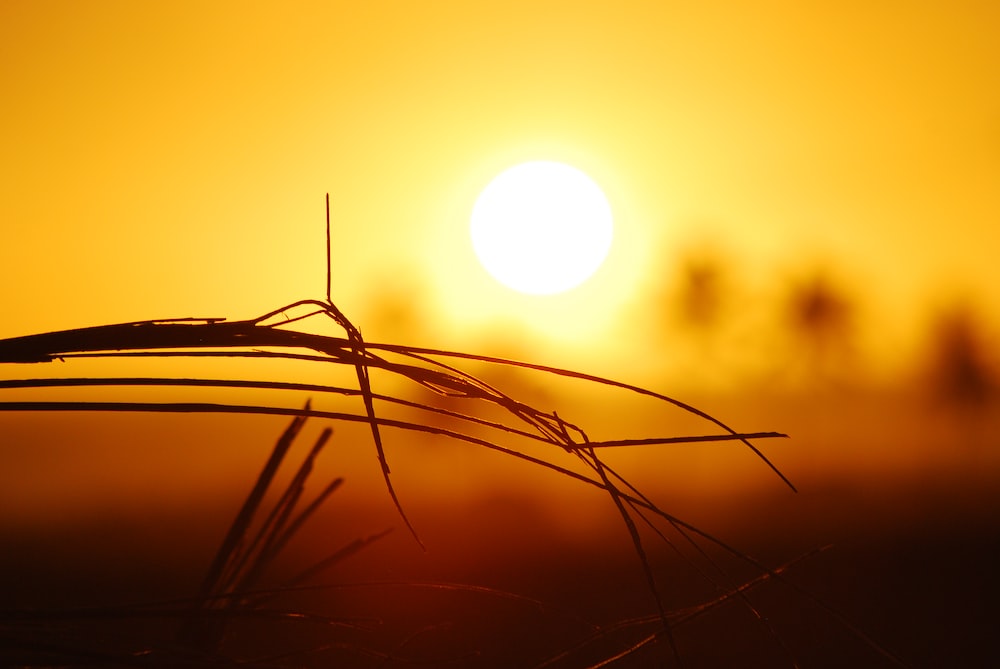You know how climate change makes everything worse, right? Well, apparently it even makes solar power worse. Yes, that’s right. A new study says climate change could reduce sunny days in hot places that are getting hotter, so the solar power won’t work even as well as it now does which isn’t much. Wait a minute. Global warming means less sunshine? Well, sure. See, sunshine is good and climate change makes everything worse.
Actually the study is full of “may” and “might” and if the creek don’t rise so really it says researchers found that situation complex. Including that apparently climate change involves feedback loops. And that these loops involve moisture, aerosols and particulates and, oh no, but oh yes, clouds. And that under some circumstances clouds reflect back sunlight and hence heat from the sun.
If true, this finding means that the climate models with their every-feedback-is-positive built-in bias toward catastrophe need to go back to the shop for a drastic refit. Though the authors do not make such a claim. Instead they intend to turn to a study of how a possible “increase in cloud coverage could change current estimates of how effective trees would be in reducing atmospheric carbon.” Because… all impacts of climate change are bad.



If a tree don't fall on me, I'll live 'til I die!
I have been keeping weather records of a number of locations across the country I live in for 13 years. There is a clear trend in increasing cloudiness, modulated by solar cycle activity. Of course, only 13 years is not unassailable evidence but given the quantity of data and the fact that the trend signal is well above the noise of the data then I would say that, yes, cloudiness has been increasing... and doing so in lock step with increasing cosmic rays which is in lock step with a declining trend in heliospheric strength. We are definitely in for a grand solar minimum. My own solar panels, installed 5 years ago, show a rapidly declining average output but it is not due to the panel degradation, since the lows in winter have actually increased over that time but the highs in summer have declined by a lot more, with an overall declining trend in average weekly output. I still get nearly maximum peak output from time to time showing that panel degradation makes up only a small fraction of the total decline.
In any case, their "prediction" is retroactive, as is often the case with those who wish to puff themselves up like peacocks to look impressive , predicting what will happen in their scenario after the fact.
Good ol' 20-20 hindsight. Yep, they're a pack of "geniuses" (or is that "genii"? 🙂